Language Variation – European Perspectives. Selected papers from the Third International Conference on Language Variation in Europe (ICLaVE 3), Amsterdam, June 2005.
This volume presents 16 original studies of variation in languages representing the three main European language families, as well as in varieties of Greek and Hungarian. The studies concern variation in or across dialects or dialect groups, in standard varieties or in emerging regional varieties of the standard. Several studies investigate a specific linguistic element or structure, while others focus on areas of tension between variation and prescriptive standard norms, on regional standard varieties and regiolects, on problems of linguistic classification (from folk linguistic or dialect geographical perspectives) and the classification of speakers. Language acquisition plays a main role in three studies. The studies in this volume represent a range of methods, including ethnographic and 'interpretative' approaches, conversation analysis, analyses of the internal and geographical distribution of dialect features, the classification and quantitative analyses of socio-demographic speaker background data, quantitative analyses of both diachronic and synchronic language data, phonetic measurements, as well as (quasi-)experimental perception studies. The volume thus offers a microcosmic reflection of the macrocosmos of world-wide research on variability in (originally) European languages at the beginning of the 21th century and the linguistic expression of cultural diversity.
{{comment.content}}
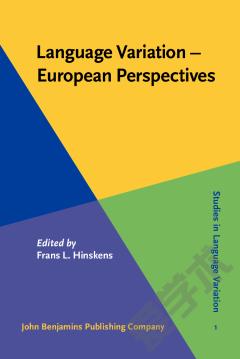

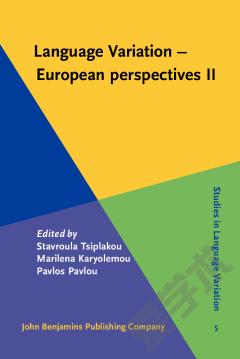
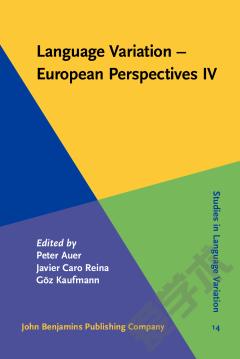
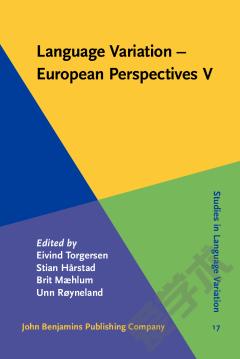
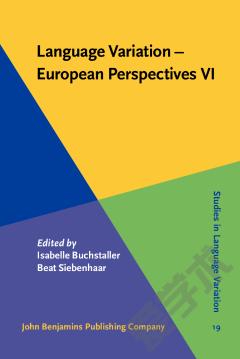
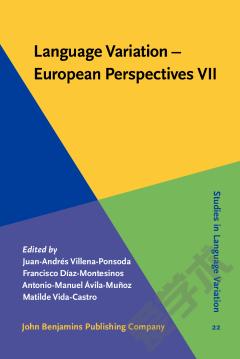

 京公网安备 11010802027623号
京公网安备 11010802027623号